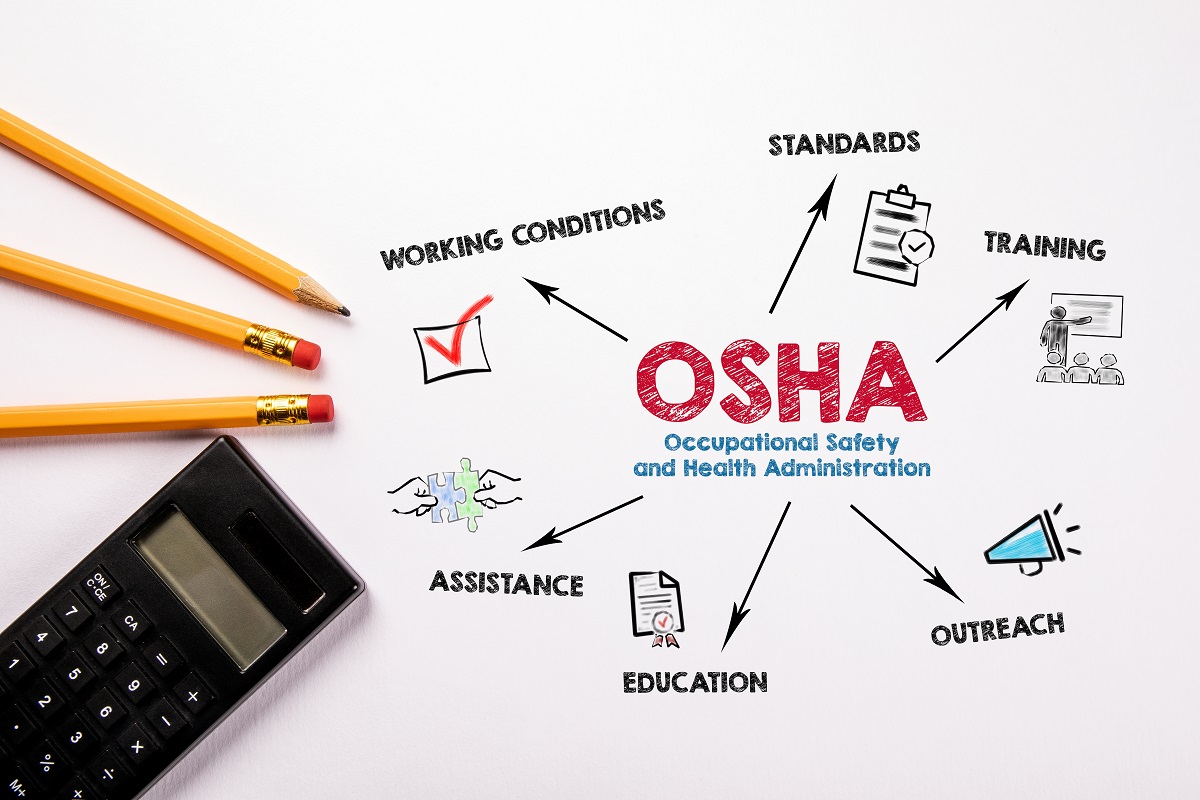Under the last regulatory flexibility agenda signed by Secretary of Labor Eugene Scalia, the Occupational Safety and Health Administration (OSHA) has retained rulemakings to expand the communication tower standard and establish standards for infectious disease exposures and the prevention of workplace violence in health care and social assistance (86 FR 16920).
The March 31 notice was re-signed for administrative purposes by Regulatory Information Service Center (RISC) Federal Register Liaison Officer Terri Tolson-Young. While most regulatory agenda items appear online on the reginfo.gov website, rulemakings likely to have significant economic impact on a substantial number of small entities must be listed in a Federal Register notice.
Rulemakings for emergency response and the prevention of workplace violence in health care and social assistance remain in the prerule stage.
OSHA was petitioned for a standard preventing workplace violence in health care by a coalition of labor unions and in a separate petition by the National Nurses United. On January 10, 2017, the agency granted the petitions in the final days of the Obama administration. There is no federal standard for preventing workplace violence in health care, social assistance, or any other sector. OSHA currently uses the Occupational Safety and Health Act’s General Duty Clause (§5(a)(1)) to enforce compliance with a set of guidelines issued in 2014.
OSHA is considering updating a number of standards related to emergency response and preparedness. Some of the standards are decades old and do not address the full range of hazards faced by emergency responders. The agency acknowledged that existing standards do not reflect major developments in health and safety practices accepted by the emergency response community or incorporated in industry consensus standards.
The communication tower and tree care rulemakings are in the proposed rule stage. The fatality rate for workers in the communication tower industry is very high. Innovations in cellular technology and federal spectrum auctions have led to an increase in construction activity. OSHA is considering expanding its existing rule to include structures that have telecommunications equipment on or attached to them, such as billboards, buildings, rooftops, and water towers. The agency plans to use information collected from a Small Business Regulatory Enforcement Fairness Act (SBREFA) panel to identify effective work practices and advances in engineering technology that would address industry safety and health concerns.
There is no federal standard for tree care operations, for which the agency applies a patchwork of standards to address industry hazards. Tree care continues to be a high-hazard industry, and the industry petitioned OSHA for a standard. OSHA in 2008 issued an advance notice of proposed rulemaking and, in May 2020, completed an SBREFA review.
The agency considers rulemakings for infectious diseases and process safety management and the prevention of major chemical accidents to be long-term actions. While California has an airborne transmissible disease (ATD) standard, which the state has applied frequently during the COVID-19 pandemic, there is no corresponding federal standard. Workers in healthcare and other industries face long-standing infectious disease hazards such as tuberculosis (TB), varicella disease (chickenpox, shingles), and measles, as well as new and emerging infectious disease threats, such as COVID-19, pandemic influenza, and severe acute respiratory syndrome (SARS).
OSHA is considering the best approach to protect workers from infectious disease exposures. The agency will evaluate where regulation may be necessary—correctional facilities, drug treatment programs, emergency response, health care, and homeless shelters—or whether a federal standard also should apply to laboratories that handle infectious materials and coroners’ offices, medical examiners, mortuaries, and pathologists.
A December 9, 2013, request for information identified issues related to modernization of the Process Safety Management (PSM) standard and other standards necessary to meet the goal of preventing major chemical accidents.

